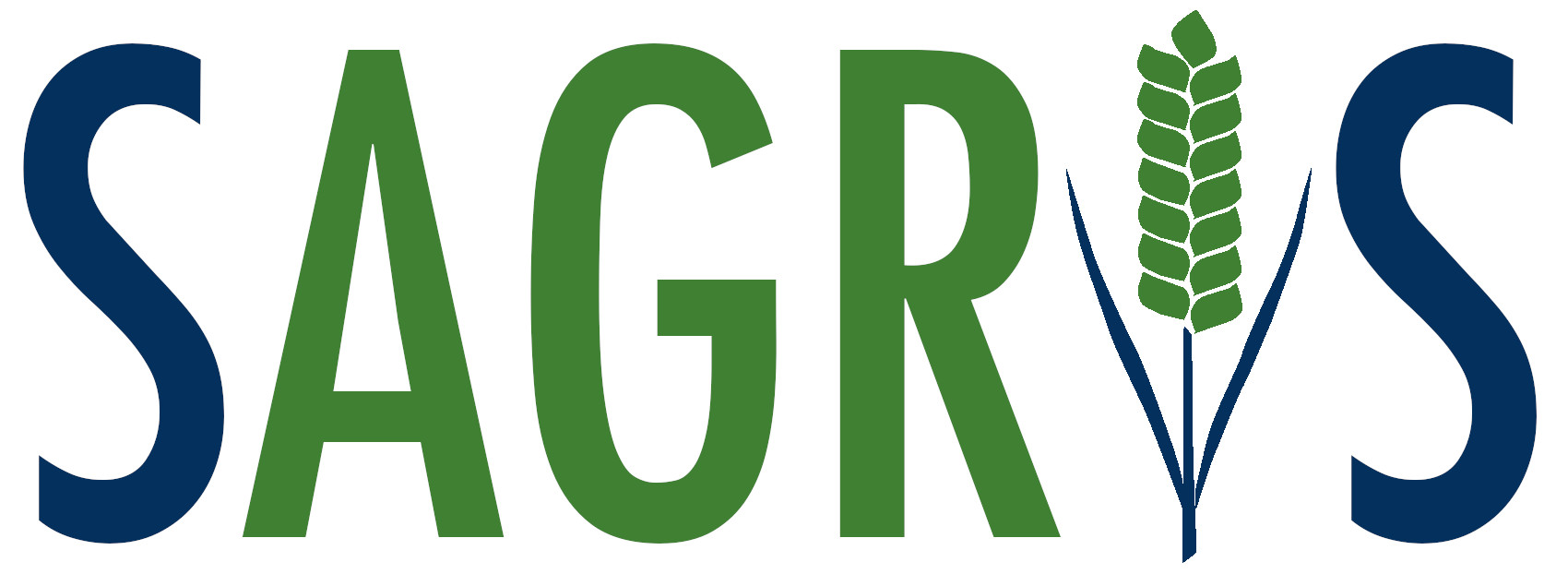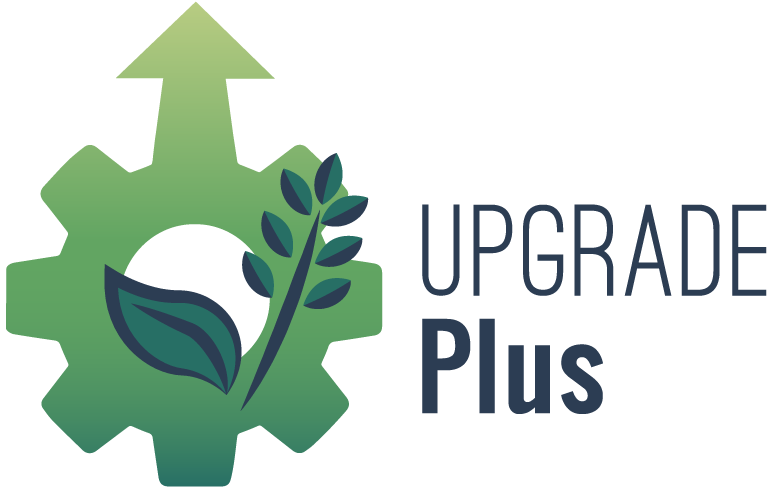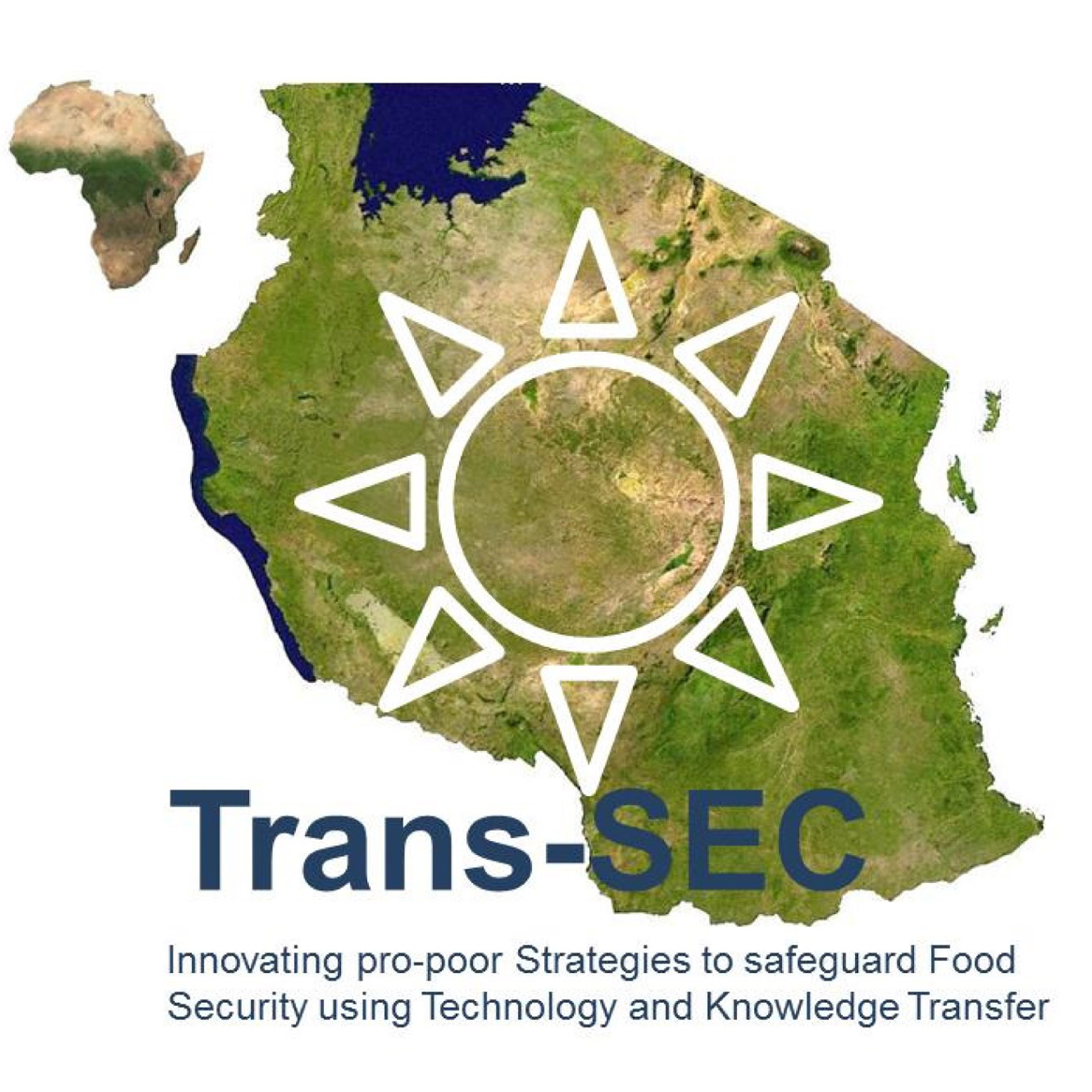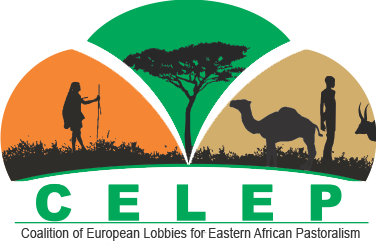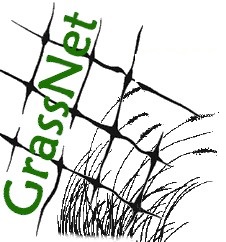Analysis of livestock and rangeland management options for carbon management in pastoral rangelands in the Borana plateau of southern Ethiopia
a research component in the collaborative research project:
The project is implemented in Ethiopia and Burkina Faso by the following research institutions: ILRI (Kenya), ICRAF (Kenya), Hawassa University (Ethiopia), INERA (Burkina Faso), University of Hohenheim, (Stuttgart, Germany) and DITSL (Witzenhausen, Germany).
The project has four main components:
- Estimate the carbon sequestering potential of rangelands
- Explore adaptive livestock management options to sequester and avoid emissions of carbon from rangelands
- Assess the effects of changes in livestock and rangeland management on Green House Gas emissions and land surface albedo
- Synthesize the research findings, combining the impact of livestock and rangeland management practices
Within this collaborative framework, DITSL leads component 2, exploring adaptive livestock management options to sequester and avoid emissions of carbon from rangelands and will specifically focus on the participatory assessment of livestock based options for managing carbon fluxes by pastoralists. This includes:
1. Participatory rangeland mapping
Rangeland maps based on satellite images containing pastoral grazing units will be elaborated with pastoralists. This includes ranking of the grazing units based on plant species composition and suitability of the vegetation for different livestock species, seasonal use and constraints that limit the use. This yields a characterization of the pastoral grazing units, using both pastoralists' evaluation criteria and object-oriented image classification techniques.
2. Participatory rangeland use analysis
This component aims to build understanding of the current use of the rangelands for livestock production. Use will be made of GPS devices to monitor the position of livestock in space and time; this will be complemented with retrospective analysis of grazing itineraries. The observed use of rangelands will be analyzed in view of distribution of water and grazing resources. Gender specific livestock and rangeland management shall be considered, i.e. different tasks of male and female household members in herding different animal species (small versus large ruminants) in different locations (home-based versus satellite camps) . This analysis aims to lead to understanding of the logic underlying the pastoralist's decision making regarding rangeland use.
3. Participatory rangeland use scenario analysis
Borana pastoralists will assist in assessing the impact of livestock and grazing management practices on the biomass availability across this landscape over the past few years. Alternative livestock and land management options will be reviewed and participatory planning undertaken with livestock keepers, discussing the various options for alternative scenarios and their trade-offs. The insight emerging from this will be used to explore different livestock and rangeland management scenarios to conserve carbon.
Project leader:
PD Dr, Brigitte Kaufmann and Dr. Christian Hülsebusch
Studies under the project include
| Towards understanding the grazing management and decision making of Borana pastoralists of southern Ethiopia (PhD) | Hussein Wario | Start 1.11.2011 |
| Assessment of gender specific livestock and rangeland management (Bsc) | Marie Luise Hertkorn | Start 1.3. 2012 |
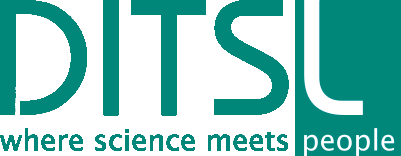





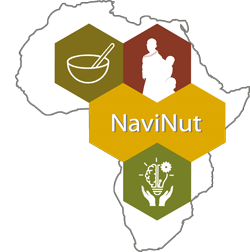 NaviNut
NaviNut